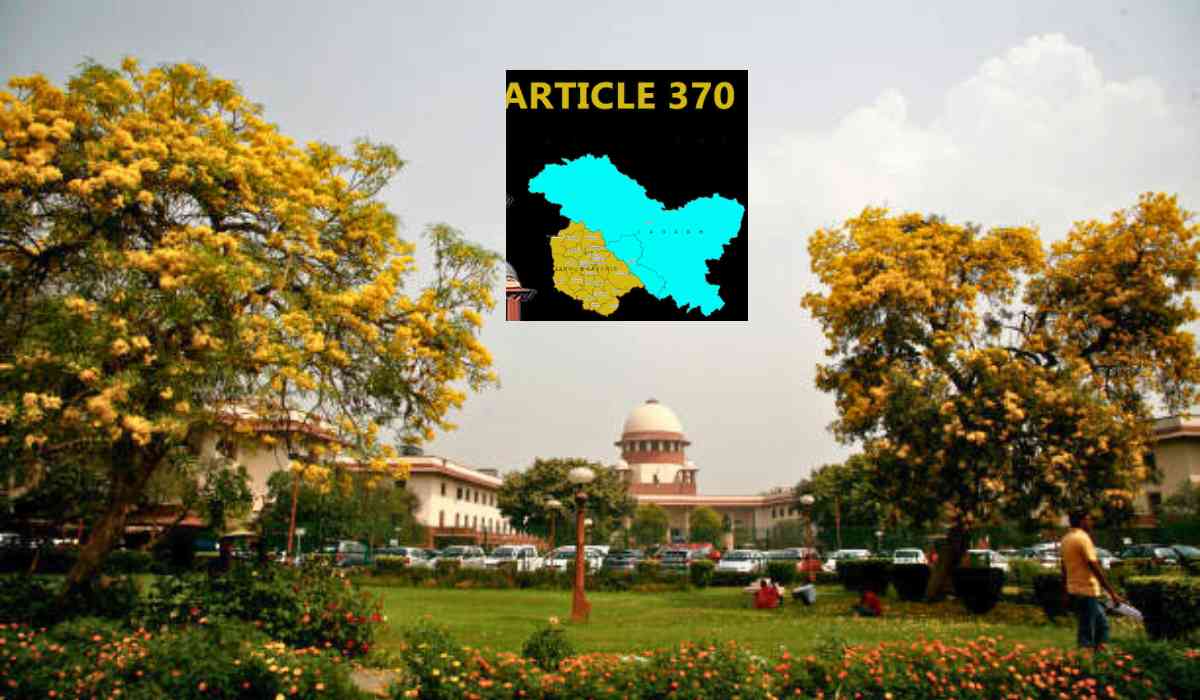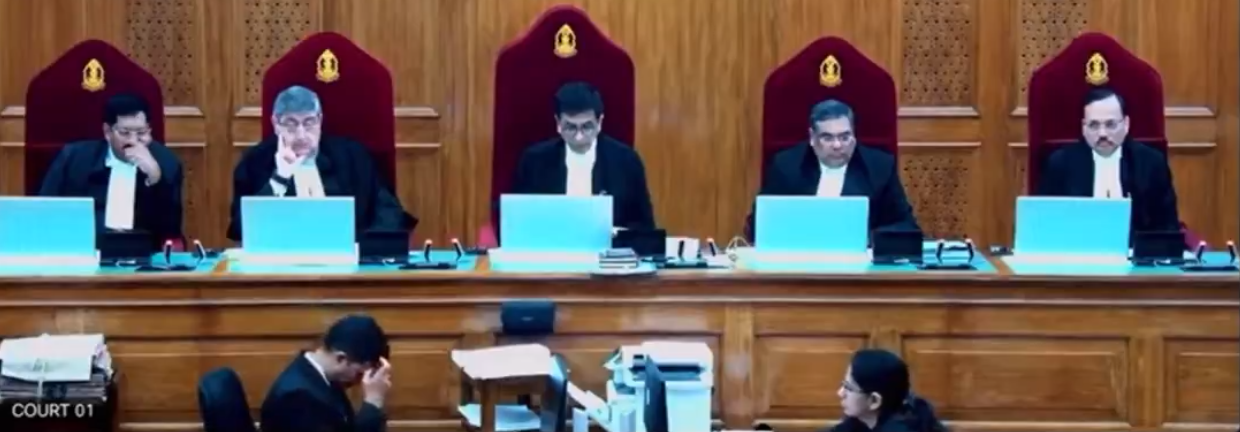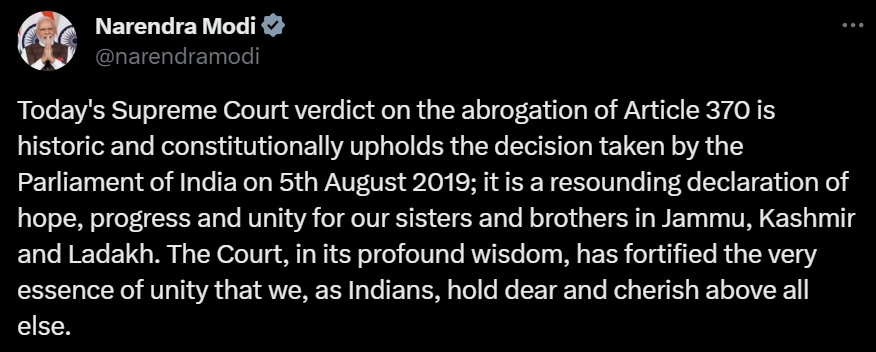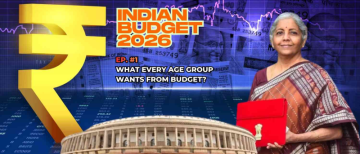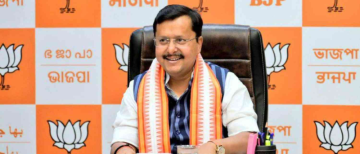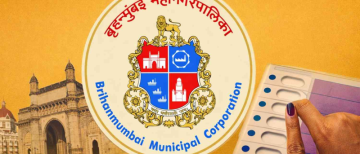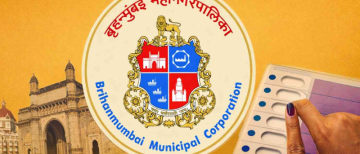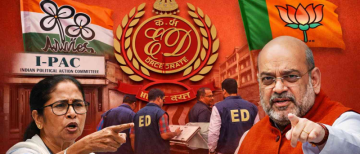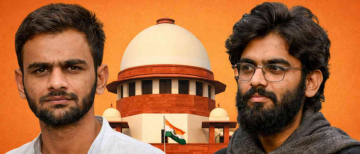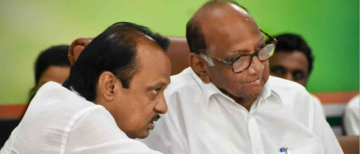In a significant decision, the Supreme Court recently said that it was acceptable for the government to abrogate Article 370, which gave special status to Jammu and Kashmir. This has a huge impact on the region.
Video Credits: Bar and Bench YouTube
Here's what you need to know about the verdict:
1. The Supreme Court has concurred with the government's decision to revoke Article 370, stating that Jammu and Kashmir is not distinct from other Indian states.
2. The Court also stated that it is acceptable for the government to designate Ladakh as a distinct Union Territory in 2019.
3. The Supreme Court has suggested that Jammu and Kashmir should promptly regain its statehood status.
4. Elections soon: The court has asked the Election Commission to hold elections in Jammu and Kashmir by September 30 next year. This means that the people of the region will choose their leaders.
5. The Court refrained from making a ruling on the President's takeover in Jammu and Kashmir in 2018, as they noted that the issue was not directly contested by the individuals who filed the case.
6. The Court clarified that Article 370 was implemented as a temporary measure in response to the wartime circumstances in Jammu and Kashmir.
7. The Supreme Court stated that when the government assumes control under Article 356, it is not possible to question every decision made.
This decision holds significant importance as it entails changes for Jammu and Kashmir.
Here is a simple timeline explaining how Jammu and Kashmir became part of India and the events that led to the abrogation of Article 370 in 2019:
- In 1947, on October 26, tribesmen from the Northwest Frontier Province, with the support of the Pakistan military, made an incursion into Jammu & Kashmir. In response, Maharaja Hari Singh sought the assistance of India and signed the 'Instrument of Accession,' which granted India control over matters related to defence, foreign affairs, and communication.
- In 1949, on May 27th, the Constituent Assembly of India gave their approval to Article 370, taking into consideration the terms outlined in the Instrument of Accession.
- In 1951, Dr Karan Singh politely convened the Constituent Assembly for Jammu and Kashmir on May 1.
- In 1952, the Delhi Agreement was cordially signed, further strengthening the relationship between India and Jammu and Kashmir.
- In 1954, on May 15th, Article 35A was introduced to safeguard the laws of the permanent residents of the state.
- On November 17, 1957, the Constitution of the State of Jammu & Kashmir was adopted and it came into force on January 26, 1958.
- In 1965, the titles of Prime Minister and Sadr-i-Riyasat were politely changed to Chief Minister and Governor, respectively.
- On August 5, 2019, President Kovind issued Constitutional Order 272 which politely amended Article 367. This order graciously enabled adjustments to Article 370, as kindly recommended by the Rajya Sabha.
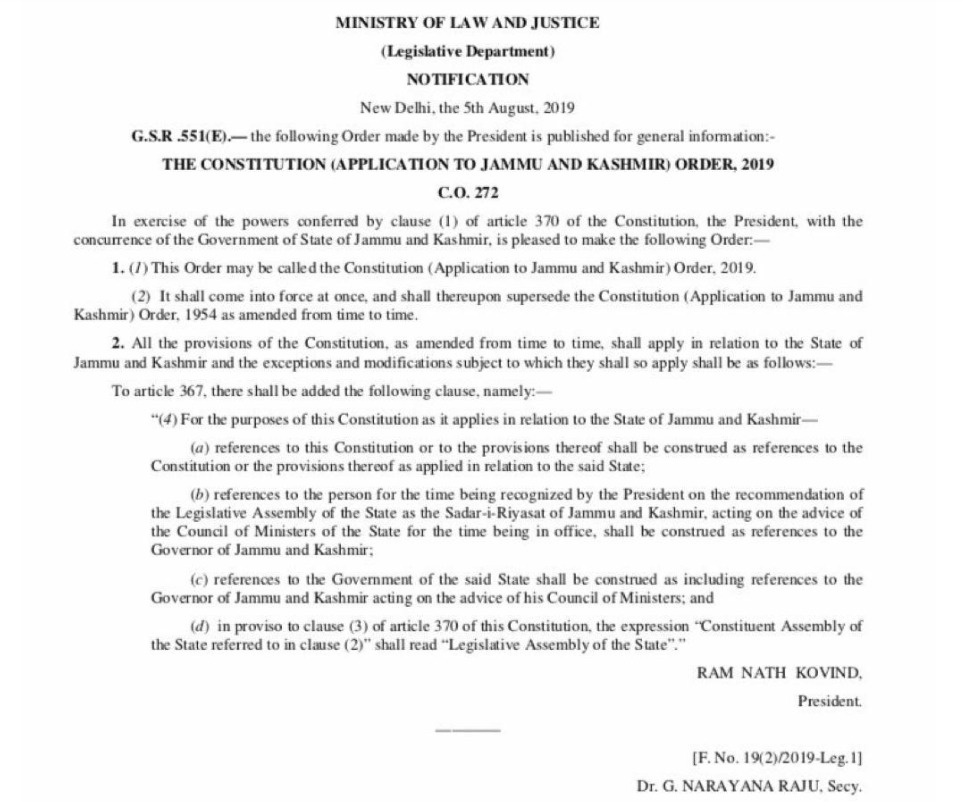
- On August 6, President Kovind respectfully issued Constitutional Order 273, which resulted in the effective cessation of Article 370.
- On August 9, the Parliament passed The Jammu and Kashmir Reorganisation Act, 2019, which resulted in the division of the state into two Union Territories.
This timeline presents the key milestones, starting from the integration of Jammu and Kashmir with India in 1947, and leading up to the notable developments in 2019, including the removal of Article 370.
In support of the decision :
Prime Minister Narendra Modi highly praises the Supreme Court's Article 370 judgment, considering it a momentous occasion that brings hope, progress, and unity. He wholeheartedly pledges to fulfil the aspirations of the residents of Jammu, Kashmir, and Ladakh, highlighting the government's unwavering commitment to extending the benefits of progress to all, especially the vulnerable sections of society.
Union Home Minister Amit Shah commends the exceptional leadership of Prime Minister Modi in the abrogation of Article 370, emphasizing the restoration of fundamental rights, eradication of separatism, and promotion of unity. Additionally, he expresses unwavering dedication to fostering enduring peace and holistic development in Jammu, Kashmir, and Ladakh. Notably, he mentions initiatives focused on revitalizing the local economy and empowering the marginalized sections of society.
Consequently, there is widespread discussion regarding its implications for the future: The leaders expressed their disappointment and disagreement with the verdict, as well as their concerns about the potential impact on Jammu and Kashmir's economy and employment opportunities. They emphasize the historical and political significance of Article 370, despite its legal removal.
Ghulam Nabi Azad (DPAP President) expresses his disappointment, mentioning that the unanimous judgment may not bring happiness to the people of Jammu and Kashmir. He believes that the scrapping of Article 370 and Article 35A might have an impact on the state's economy, potentially making the land more expensive. Additionally, he raises concerns about the possible rise in competition for limited jobs in tourism and government sectors, which could result in higher unemployment rates among the youth. Azad considers the decision to abrogate these articles as a mistake and emphasizes the importance of consulting with Jammu and Kashmir parties before making such significant changes.
#Article370Verdict | "We are disappointed by the #SupremeCourt verdict": Democratic Progressive Azad Party (DPAP) President Ghulam Nabi Azad
(📹 ANI ) pic.twitter.com/lj1RVhULnu— Hindustan Times (@htTweets) December 11, 2023
Mehbooba Mufti, the President of the PDP, kindly urges the people of Jammu and Kashmir to maintain their hope, emphasizing that the Supreme Court's decision to repeal Article 370 is primarily influenced by its temporary nature. She expresses her belief that the consequence of this decision is not solely their loss, but also a regrettable setback for the cherished idea of India.
The people of J&K are not going to lose hope or give up. Our fight for honour and dignity will continue regardless. This isn’t the end of the road for us. pic.twitter.com/liRgzK7AT7— Mehbooba Mufti (@MehboobaMufti) December 11, 2023
Omar Abdullah, the Vice-President of the National Conference, expresses his disappointment but remains determined, emphasizing that the struggle will persist. He acknowledges the long road ahead and highlights the importance of being prepared for the challenges that lie ahead.
https://t.co/ZonTS5Dq3V— Omar Abdullah (@OmarAbdullah) December 11, 2023
In conclusion, the recent decision by the Supreme Court suggests that it is permissible for the government to cancel Article 370, thereby bringing about significant changes in Jammu and Kashmir. The current push for statehood and the forthcoming elections are positive measures aimed at empowering the residents of this region to have a greater voice in their governance. Undoubtedly, this decision is expected to have a profound impact on the future functioning of Jammu and Kashmir.
Ⓒ Copyright 2023. All Rights Reserved Powered by Vygr Media.

